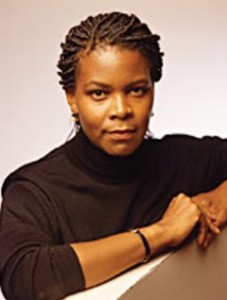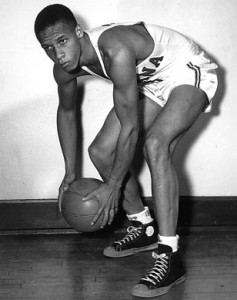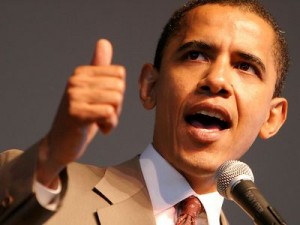Black Firsts, November 2008: Annette Gordon-Reed
Professor Annette Gordon-Reed
Professor Annette Gordon-Reed has become the first African American woman to win the National Book Award in the nonfiction category. A history professor at Rutgers University – Newark and New York Law School, Gordon-Reed won the award for The Hemingses of Monticello: An American Family. Writer Christine Le (CelebrityCafe.com) explains how The Hemingses of Monticello builds on the author’s previous exploration of the Thomas Jefferson – Sally Hemings relationship:
[The book] tells the story of the Hemings slave family. Thomas Jefferson infamously fathered several children with Sally Hemings, as proven by DNA testing and discussed in an earlier book by Gordon-Reed.
A graduate of Dartmouth College (B.A., 1981) and Harvard Law School (J.D., 1984), Gordon-Reed offers up The Hemingses of Monticello as her second exploration of the Jeffersons and their curious relationship to the Hemings family. This book joins Thomas Jefferson and Sally Hemings: An American Controversy, published in 1997.
In an interview dated November 24, 2008, and published on the George Mason University History News Network website (HNN), Professor Gordon-Reed describes how Thomas Jefferson’s status as a historical icon has impacted contemporary perceptions of his relationship with Sally Hemings:
As to the nature of the relationship between SH and TJ, it’s hard to know. I spend a good deal of time on this question in the book. I venture to say that if another slave holder had a decades long connection to one woman, seven children with her, children named for members of his family and others important to him, there would be no problem saying that, at least, he was attached to her. TJ’s symbolic importance to many people, his status as a symbol of America, makes some people hesitate to just say that. It’s like some big thing is riding on it. He was clearly deeply attached to other members of her family—James Hemings, Burwell Colbert— and he could have felt exactly the same away about her. If he were named Tom Smith the answer would be obvious. It wouldn’t be taken as some great statement about slavery, race or anything, because it would not be. It isn’t for Jefferson, either.
The Hemingses of Monticello: An American Controversy expands and complicates our notions of slavery, love, liberty, and hypocrisy. It has been well-received by scholars and critics, and will very likely have great success in the literary and scholarly marketplace.
Posted by Ajuan Mance
Posted in Academia, African Americans, Annette Gordon-Reed, Current Events, Higher Education, race, Sally Hemings, Thomas Jefferson | Comments Off on Black Firsts, November 2008: Annette Gordon-Reed









